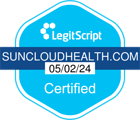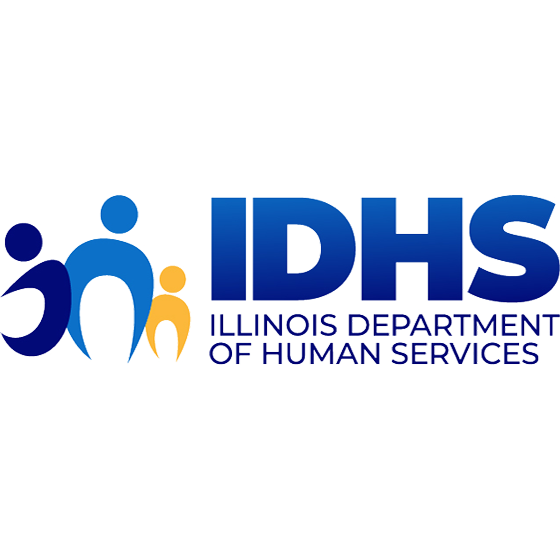Past Events/Courses
[su_row][su_column size=”2/3″ center=”no” class=””] Child and Adolescent Psychopharmacology: Update on Diagnosis and Treatment Dosing, Management, and Adverse EffectsBarbara J. Coffey, MD, MS Professor and Chairman of the Department of Psychiatry and Behavioral Sciences University of Miami | Miller School of Medicine July 19, 2024
Child and Adolescent Professional Development Series Topics Covered:- Review indications for pharmacological treatment of pediatric onset psychiatric disorders.
- Discuss guidelines for treatment of pediatric onset psychiatric disorders.
- Examine selected classic pharmacological studies and recent research highlights to apply to child and adolescent clinical practice.
- Understand benefits and risks of recommended psychopharmacological treatments for children and adolescents.
[su_column size=”1/3″ center=”no” class=””]
 [/su_column][/su_row]
[/su_column][/su_row]
[su_row][su_column size=”2/3″ center=”no” class=””]
Cannabis Use & Related Disorders in Youth During the Age of Legalization
Christopher Hammond, MD, PhD | Triple Board-Certified General Psychiatrist, Child & Adolescent Psychiatrist, & Addiction Medicine Physician June 21, 2024
Topics Covered:
- Identify important issues related to adolescent and young adult cannabis use and cannabis-related disorders during this era of changing cannabis legalization
- Describe the effects of early adolescent exposure to cannabis and cannabinoids, including Δ9-THC and CBD, on neurodevelopment, psychosocial, and health outcomes
- Discuss assessment, diagnosis, and treatment of cannabis use disorders in youth
- Formulate evidence-informed treatment plans for youth cannabis use disorders that incorporate evidence-based psychosocial interventions and, when appropriate, adjunctive medication treatment strategies to improve outcomes.
[su_column size=”1/3″ center=”no” class=””]
 [/su_column][/su_row]
[/su_column][/su_row]
[su_row][su_column size=”2/3″ center=”no” class=””]
The Role of Safety Behaviors in Maintaining Mental Health Conditions
Child and Adolescent Professional Development Series Patrick McGrath, PhD | NOCD May 24th, 2024 Topics Covered:- Identifying the role that safety behaviors play in the maintenance of Mental Health Conditions.
- Challenging the use of safety behaviors in patients and their families.
- Utilizing Exposure and Response Prevention techniques that challenge safety-seeking behaviors in order to move patients forward.
[su_column size=”1/3″ center=”no” class=””]

[su_row][su_column size=”2/3″ center=”no” class=””]
Bridging Treatment Gaps: The Imperative of Diversity, Equity, and Inclusion in Eating and Substance Abuse Disorder Treatment
Carolyn Coker Ross, MD, MPH, CEDS Physician, International Speaker, & Consultant May 17, 2024 Topics Covered:- Understand the systemic inequities and disparities in access to diagnosis and care for eating disorders and substance use disorders among BIPOC individuals, as highlighted by statistical data presented in the presentation.
- Analyze the impact of harmful stereotypes and lower quality care on marginalized communities’ ability to receive adequate diagnosis and treatment for eating disorders and substance use disorders, as discussed in the presentation.
- Evaluate the significance of advocating for antiracist frameworks and transformative DEI initiatives in addressing treatment disparities and promoting equitable outcomes for individuals with eating disorders and substance use disorders, based on the insights provided in the presentation.
[su_column size=”1/3″ center=”no” class=””]

View the webinar and earn 1 CME/CE credit
[/su_column][/su_row][su_row][su_column size=”2/3″ center=”no” class=””]
GLP-1 Medications and Disordered Eating: A Personalized, Evidence-Based Approach
[su_row][su_column size=”2/3″ center=”no” class=””] Kim Dennis, MD Chief Medical Officer, CEO, & Co-Founder, SunCloud Health Clinical Assistant Professor, Department of Psychiatry, University of Illinois at Chicago College of Medicine April 26, 2024 Topics Covered:- Understanding how GLP-1 medications work and what effect they have on different organs in the body.
- Reviewing current research data showing the benefits and risks of these medications, particularly in patients with eating disorders.
- Understanding how to implement a personalized and nuanced treatment approach for patients on GLP medications who have eating disorders and complex medical needs.
[su_column size=”1/3″ center=”no” class=””]

View the webinar and earn 1 CME/CE credit
[/su_column][/su_row][su_row][su_column size=”2/3″ center=”no” class=””]
Mental Health Considerations: Creating Supportive Learning Environments
Child and Adolescent Professional Development Series[su_row][su_column size=”2/3″ center=”no” class=””]
Johnathan Coleman, MD, SunCloud Health April 24th, 2024 Topics Covered:- Understanding How Mental Health Issues Affect Learning
- Discovering the Impact of Stress on Brain Growth and Development
- Discussing Effective Modalities for Supportive Learning
- Reviewing Alternative Educational Options
[su_column size=”1/3″ center=”no” class=””]

[su_row][su_column size=”2/3″ center=”no” class=””]
Sensory Savvy in the Academic Setting
Child and Adolescent Professional Development Series Stormy Hill, MD, OTR/L Owner/Founder, Sensory Recovery, LLC April 12th, 2024Topics Covered:
- Understanding Our 8 Senses and How They Contribute to Regulation or Dysregulation
- Identifying the Calm-Alert State for Learning
- Identifying Strategies to Utilize Sensory Supports in the Classroom
- Discussing the Difference Between a Sensory Kit and a Sensory Diet
[su_column size=”1/3″ center=”no” class=””]
[su_row][su_column size=”2/3″ center=”no” class=””]
Supporting Gender-Nonconforming Youth
Child and Adolescent Professional Development Series Johnathan Coleman, MD, SunCloud Health March 22nd, 2024 Topics Covered:- Understanding Common Mental Health Issues for Gender-Nonconforming Youth
- Understanding the Role of Social and Hormonal Transitioning
- How Families and Community Can Support Gender-Nonconforming Youth
- Recommended Treatments Supporting Gender Identity
[su_row][su_column size=”2/3″ center=”no” class=””]
In Pursuit of Pragmatic Precision: Non-Invasive Brain Stimulation for PTSD & Depression
Noah S. Philip, MD Professor, Alpert Medical School of Brown University March 8th, 2024Topics Covered
- TMS and Its Clinical Use across the VA System
- Neuroimaging Biomarkers That Can Predict Response to TMS
- How TMS Changes the Brain with Successful Treatment
- Transcranial Direct Current Stimulation and Virtual Reality for PTSD
- Introduction to Low Intensity Focused Ultrasound

View the webinar and earn 1 CME/CE credit
[/su_column][/su_row][su_row][su_column size=”2/3″ center=”no” class=””]
Bipolar Disorder: Separating Fact from Myth
Child and Adolescent Professional Development Series Alexander Chevalier, MD, SunCloud Health January 26th, 2024 Topics Covered:- Understanding the DSM Criteria of Bipolar Disorder
- Identifying the Differential Diagnosis of Bipolar Disorder in Adolescents
- Understanding Other Mood Disorders of Adolescents
- Discussing the Comorbidity and Risks Associated with Bipolar Disorder
 [/su_column][/su_row]
[/su_column][/su_row]
[su_row][su_column size=”2/3″ center=”no” class=””]
Why Don’t You Just Eat? Understanding the Role of Brain Reward Circuits in Eating Disorders
Guido Frank, MD January 19, 2024Topics Covered:
- How fear of eating interacts with brain reward circuits
- How food restriction or binge eating can alter brain circuits
 [su_column size=”1/3″ center=”no” class=””]
[su_column size=”1/3″ center=”no” class=””]
View the webinar and earn 1 CME/CE credit.
[/su_column][/su_row][su_row][su_column size=”2/3″ center=”no” class=””]
Obesity Is Not the Problem: De-Stigmatizing Higher Weights in the Care of Children and Adolescents
Rebekah Fenton, MD, MPH, FAAP December 14, 2023 Topics Covered:Obesity and related stigma have a direct impact on the practice of psychological care. Weight stigma from family members, peers via bullying, healthcare providers, or society at large through media and social media messaging can negatively impact an adolescent’s mental health, leading to low self-esteem and even diagnosed conditions, like anxiety, depression, and body dysmorphia. It can also significantly impact physical health by contributing to the development or worsening of eating disorders. This CME will focus on weight-neutral medical practice and will educate psychological and psychiatric providers to not only prevent further harm to patients at higher weights, but also promote healing around weight-related mental and physical health challenges.
[/su_column] [su_column size=”1/3″ center=”no” class=””] [su_column size=”1/3″ center=”no” class=””]
[su_column size=”1/3″ center=”no” class=””]
View the webinar and earn 1 CME/CE credit.
[/su_column][/su_row][su_row][su_column size=”2/3″ center=”no” class=””]
Can Food Be Addictive? Relevance and Risks in Eating Disorder Treatment
Dr. Ashley Gearhardt, PhD November 17, 2023This illuminating webinar will delve deep into the intriguing question of food addiction, with an emphasis on its connection to eating disorders and its implications in treatment. Building on an extensive foundation of empirical literature, both from the presenter and other esteemed scholars, the session promises an engaging discussion that touches upon controversial standpoints, presenting a balanced view of the topic.
Topics Covered:
- Understanding Food Addiction through Empirical Evidence: Dive into the robust empirical data on assessing food addiction, with a spotlight on the renowned Yale Food Addiction Scale.
- Validity & Research Gaps: Unravel the efficacy of the Yale Food Addiction Scale and explore the existing gaps in the research that necessitate further investigation.
- Evidence-based Addiction Treatment Approaches: Grasp the nuances of applying proven addiction treatment methodologies within the realm of disordered eating.
- Clinical Implications: Discuss the broader clinical implications of viewing certain eating disorders through the lens of addiction.
- Assessment Tools for Health Care Integration: Receive insights into specific tools to evaluate highly processed food addiction, its clinical counterparts, and the ramifications of an addiction perspective in treatment.

View the webinar and earn 1 CME/CE credit
[/su_column][/su_row][su_row][su_column size=”2/3″ center=”no” class=””]
Adolescent Cannabis: Modern Trends, Risks and Treatment
Alexander Chevalier, MD, SunCloud Health November 10, 2023 Topics Covered:The modern cannabis industry has changed the way adolescents consume marijuana, the risks associated with this, and what we can do help adolescents struggling with their cannabis use. This talk will highlight the risks specific to marijuana’s impact on the developing adolescent brain. It is designed for school counselors and social workers, treatment professionals and families with adolescents.
This CE credit is no longer available.
[/su_column][su_column size=”1/3″ center=”no” class=””]
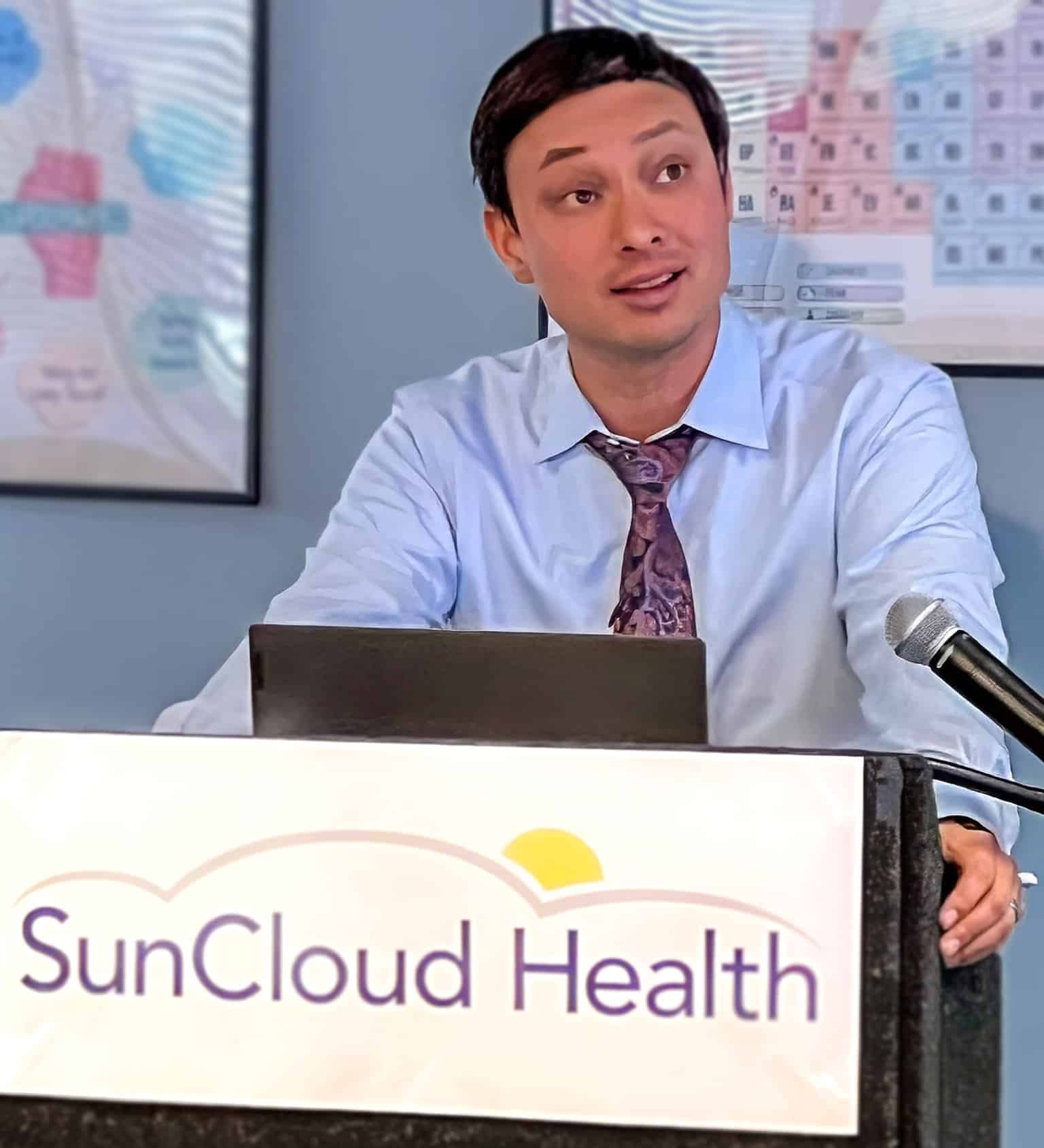 Click to View Video
Click to View Video
[su_row][su_column size=”2/3″ center=”no” class=””]
Acute, Chronic and Intergenerational / Historical Trauma and the Development of Eating Disorders and Substance Use Disorders
Carolyn Coker Ross, MD, MPH, CEDS September 22, 2023Topics Covered:
Research indicates a significant relationship between various types of trauma, including historical and race-based, and the development of eating and substance use disorders. It emphasizes the critical role of assessing trauma and PTSD in treating these disorders. Early childhood trauma is found to directly impact brain neural circuitry, fostering traits like compulsivity and emotional dysregulation, fundamental to both disorders. Updated trauma definitions and studies with diverse populations show that trauma effects, passed through epigenetic changes, enhance the risk for these disorders in future generations. Ignoring trauma and PTSD leads to ineffective treatment for eating and substance use disorders, heightening relapse rates.
[/su_column] [su_column size=”1/3″ center=”no” class=””]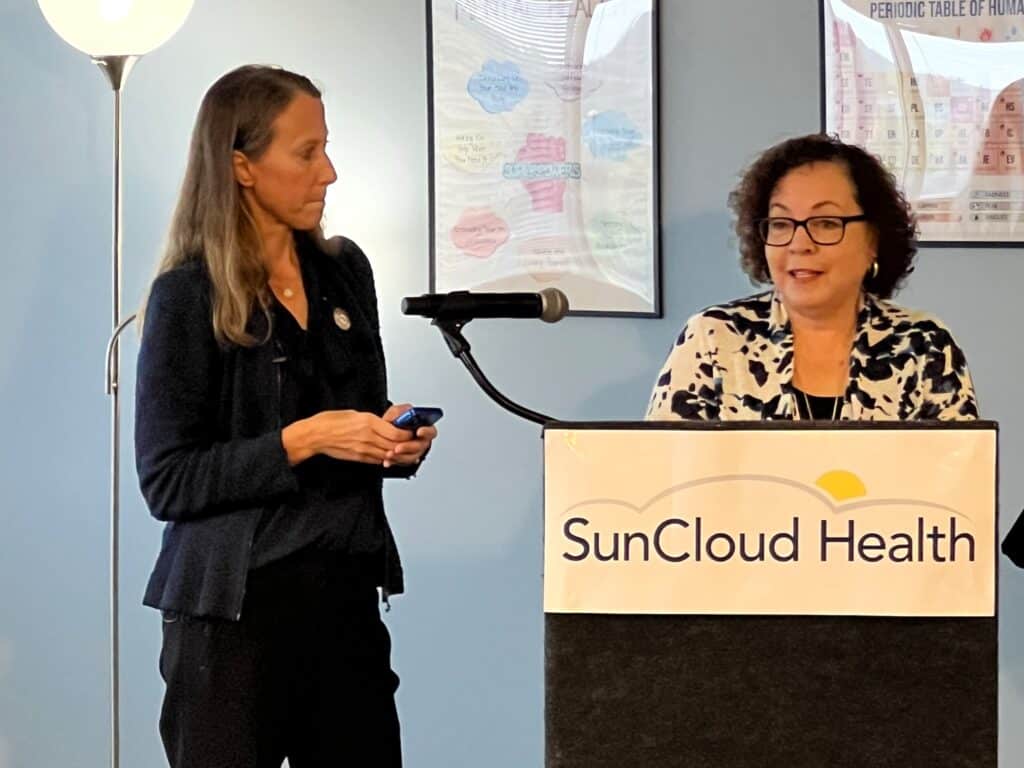
Watch the presentation and earn 1 CME/CE Credit
[/su_column][/su_row][su_row][su_column size=”2/3″ center=”no” class=””]
Empowering Parents and Providers: Addressing the Adolescent Mental Health Crisis Amid Cannabis Use
Kevin A. Sabet, PhD August 30, 2023Topics Covered:
The presentation will address the pressing issue of adolescent mental health challenges arising from cannabis and THC drug use and provide invaluable insights for parents, caregivers, and healthcare professionals. With the growing legalization and normalization of cannabis, it is crucial to be informed about the potential impacts on adolescents. The event will delve into crucial topics, including the latest research on cannabis use and its potential effects on adolescent mental health, identifying warning signs of cannabis use in adolescents, and strategies for engaging and supporting both parents and healthcare providers in the prevention and intervention process.
This CE credit is no longer available.
[/su_column] [su_column size=”1/3″ center=”no” class=””] [/su_column][/su_row]
[/su_column][/su_row]
[su_row][su_column size=”2/3″ center=”no” class=””]
Psychedelics: Hope or Hype?
Joshua Siegel, MD, PhD August 18, 2023 Topics Covered:Dr. Siegel delivers a comprehensive overview of psychedelic psychopharmacology, highlighting the clinical and neuroscientific data that have fueled the burgeoning interest in psychedelics and psychedelic-assisted therapy. This enlightening presentation promises to provide valuable insights into this evolving field.
This CE credit is no longer available.
[/su_column] [su_column size=”1/3″ center=”no” class=””] [/su_column][/su_row]
[/su_column][/su_row]
[su_row][su_column size=”2/3″ center=”no” class=””]
From Complexity to Clarity: Expert Perspective and Integrated Treatment of PTSD, Eating Disorders, and Comorbidity
Timothy Brewerton, MD, DLFAPA, FAED, DFAACAP, CEDS-S July 21, 2023 Topics Covered: Dr. Timothy Brewerton combines his 40 plus years of clinical research experience and knowledge of the relevant peer-reviewed scientific data to present a synthesis that supports the major premises of the talk, including the contention that 1) EDs are linked to child maltreatment, other traumas and trauma-related comorbid disorders; 2) integrated treatment strategies that go beyond currently accepted sequential approaches are required to adequately address the complexity of ED presentations, especially in higher levels of care. [/su_column] [su_column size=”1/3″ center=”no” class=””]
Watch the presentation and earn 1 CME/CE Credit
[/su_column][/su_row][su_row][su_column size=”2/3″ center=”no” class=””]
Epigenetics and neurotoxicity of methamphetamine: an active killer during the opioid epidemic
Jean Lud Cadet, MD June 23, 2023 Topics Covered: Methamphetamine use disorder (MUD) is a common neuropsychiatric disease that is associated with several short-term and long-term complications. These include cognitive deficits, memory impairments, and psychosis. There is presently no FDA-approved drug treatment for MUD. Dr. Cadet’s laboratory uses basic science approaches to develop better pharmacological therapy for these patients. [/su_column] [su_column size=”1/3″ center=”no” class=””]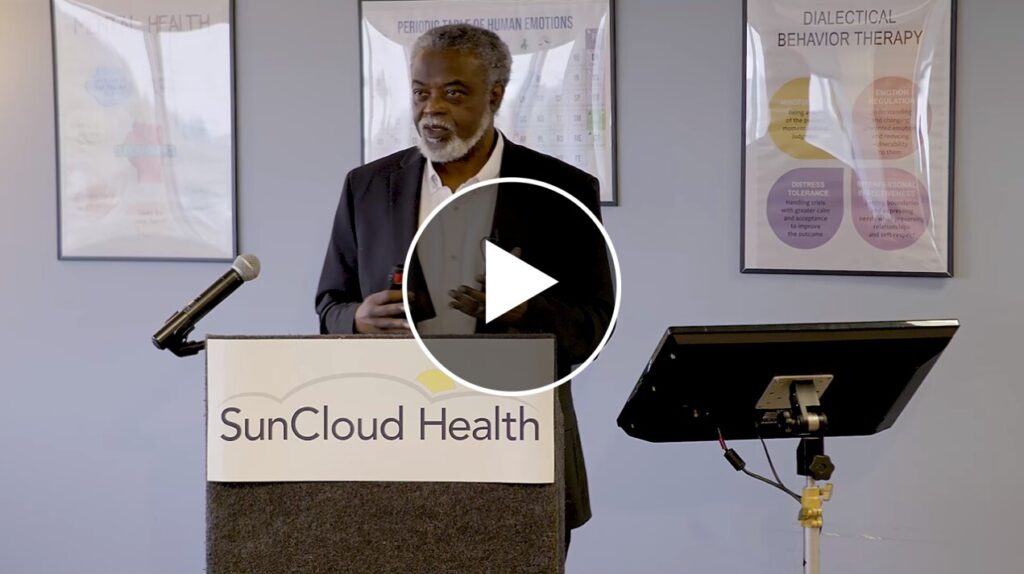
Watch the presentation and earn 1 CME/CE Credit
[/su_column][/su_row][su_row][su_column size=”2/3″ center=”no” class=””]
Food Addiction: Is it a Thing? Implications for Treating Eating Disorders?
Dr. Nicole Avena, PhD April 21, 2023Topics Covered:
Overeating and obesity pose significant public health problems and can have life-long co-morbidities such as cardiovascular disease and metabolic syndrome. While there are multiple contributing factors in the obesity epidemic, recent scientific studies show overeating and obesity can be linked to alterations in the brain that resemble those seen with drug addiction. Dr. Avena will review the concept of “sugar addiction” and describe the research studies supporting behavioral indications of addiction that have been found in response to overeating highly-processed foods typically rich in added sugars.
[/su_column] [su_column size=”1/3″ center=”no” class=””] [/su_column][/su_row]
[/su_column][/su_row]

Joint Accreditation Statement: In support of improving patient care, this activity has been planned and implemented by Amedco LLC and Galen Mental Health. Amedco LLC is jointly accredited by the Accreditation Council for Continuing Medical Education (ACCME), the Accreditation Council for Pharmacy Education (ACPE), and the American Nurses Credentialing Center (ANCC), to provide continuing education for the healthcare team. Amedco Joint Accreditation #4008163.
SunCloud Health brings together the nation’s foremost experts in addiction medicine, eating disorders and behavioral health to share best practices.
Past Events/Courses
Raju Hajela, MD, MPH, CCFP (AM), FCFP December 6, 2024 11:00am – 12:30pm CST
Attendees Receive 1.5 CME/CE
Topics Covered:
Understand the bio-psycho-social-spiritual definition of addiction
Appreciate the limitations of the DSM5 in addressing the depth and breadth of mental health issues
Learn a comprehensive, unified approach to clinically assess and treat addiction and mental health problems in a patient-centered chronic disease framework



A Part of SunCloud’s Continuing Education Series of Events
Melissa Mello, LMFT, & Annie Schrayer, PsyD
Chicago Center for Evidence Based Treatment
December 6, 2024
11:00am – 12:00pm CST
Topics Covered:
- Identify how anxiety and perfectionism may present at school and in outpatient therapy.
- Be able to assess and determine if students and clients would benefit from further treatment.
- Understand the evidence-based treatment options for anxiety-related disorders.
- Apply tools to support students at school or in therapy who may be struggling with anxiety and perfectionism.
Dr. Erica LaFata
November 15, 2024
11:00am – 12:15pm CST
Attendees Receive 1 CME/CE
Topics Covered:
- Defining ultra-processed foods
- Operationalizing ultra-processed food addiction
- Be able to identify common categories of ultra-processed foods. Recognize the symptoms of ultra-processed food addiction as a novel clinical presentation.


Child and Adolescent Professional Development Series
Jennifer Curtin, MS, LCPC
November 8, 2024
Topics Covered:
- Understand minority stress and how the current climate is affecting LGBTQ+ individuals
- Highlight significant changes in mental health, safety, and inclusivity across LGBTQ+ populations since the 2016 election
- Identify particular issues for LGBTQ+ youth in Illinois schools
- Outline supports and coping strategies researched to help build resilience
- Teach state-change techniques to develop emotional regulation as a path to resilience
Rachel W. Goode, PhD
Associate Professor, School of Social Work & Adjunct Assistant Professor, Center for Eating Disorder Excellence, Department of Psychiatry, University of North Carolina at Chapel Hill
October 18, 2024
Topics Covered:
- Identify factors that may influence the development of disordered eating in Black Americans
- Describe culturally relevant questions that may better detect the presence of disordered eating in clinical assessments with Black Americans
- Review scientific literature on the prevalence and nature of disordered eating in Black Americans


Medical Director, Child and Adolescent Psychiatry, SunCloud Health
Alexander Chevalier, MD
October 11, 2024
Child and Adolescent Professional Development Series
Topics Covered:
- Understand the impact of social isolation on teens
- Understand the 3 vital components of social connection in academic settings
- Learn how to build a culture of connection in school settings
Dr. Sarah Y. Vinson
Chair of Psychiatry and Behavioral Sciences, Morehouse School of Medicine
September 20, 2024
Receive 1.5 CME/CE Credit
Topics Covered
- Identify the relevance of social justice in mental health in order to re-examine mental health and illness in the context of the U.S. society.
- Discuss the impact of social hierarchies on diagnostic processes and classification in order to better serve patients from marginalized communities.
- Self-evaluate the concept of social justice advocacy in order to identify steps that can be taken to advance justice.
Dr. Vinson is a triple-board-certified physician and the Chair of Psychiatry and Behavioral Sciences at Morehouse School of Medicine, where she is the Program Director for the Child Psychiatry Fellowship, the first at an HBCU medical school.


Colleen Kestel, MBA, RDN, LDN
Director of Operations, SunCloud Health
September 20, 2024
Child and Adolescent Professional Development Series
Topics Covered
- Identify Signs and Symptoms of Disordered Eating and Body Dysmorphia
- Explore Treatment and Support Options for Disordered Eating and Body Dysmorphia
- Discuss Social Impacts of Disordered Eating and Body Dysmorphia in School and Home Settings
Learn how to care for patients through palliative and hospice approaches without abandoning them or their families if they refuse further conventional treatment.
Joel Yager, MD
August 23, 2024
Topics Covered:
- Describe and discuss the nature and causes of hastened death in patients with psychiatric disorders.
- Distinguish and describe the difference between “dying with a psychiatric disorder” from “dying from a psychiatric disorder.”
- Describe the characteristics of a “good death” and the factors that make it less likely that patients with psychiatric disorders will experience a “good death” compared to others in the community.
- Describe the characteristics of “slow suicide.”


Barbara J. Coffey, MD, MS
Professor and Chairman of the Department of Psychiatry and Behavioral Sciences
University of Miami | Miller School of Medicine
July 19, 2024
Child and Adolescent Professional Development Series
- Review indications for pharmacological treatment of pediatric onset psychiatric disorders.
- Discuss guidelines for treatment of pediatric onset psychiatric disorders.
- Examine selected classic pharmacological studies and recent research highlights to apply to child and adolescent clinical practice.
- Understand benefits and risks of recommended psychopharmacological treatments for children and adolescents.
Christopher Hammond, MD, PhD
Triple Board-Certified General Psychiatrist, Child & Adolescent Psychiatrist, & Addiction Medicine Physician
June 21, 2024
- Identify important issues related to adolescent and young adult cannabis use and cannabis-related disorders during this era of changing cannabis legalization
- Describe the effects of early adolescent exposure to cannabis and cannabinoids, including Δ9-THC and CBD, on neurodevelopment, psychosocial, and health outcomes
- Discuss assessment, diagnosis, and treatment of cannabis use disorders in youth
- Formulate evidence-informed treatment plans for youth cannabis use disorders that incorporate evidence-based psychosocial interventions and, when appropriate, adjunctive medication treatment strategies to improve outcomes.
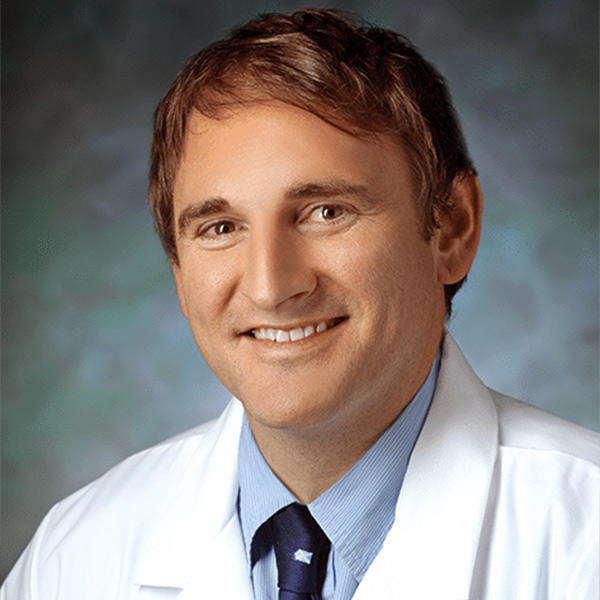

Child and Adolescent Professional Development Series
Patrick McGrath, PhD | NOCD
May 24th, 2024
- Identifying the role that safety behaviors play in the maintenance of Mental Health Conditions.
- Challenging the use of safety behaviors in patients and their families.
- Utilizing Exposure and Response Prevention techniques that challenge safety-seeking behaviors in order to move patients forward.
Carolyn Coker Ross, MD, MPH, CEDS
Physician, International Speaker, & Consultant
May 17, 2024
- Understand the systemic inequities and disparities in access to diagnosis and care for eating disorders and substance use disorders among BIPOC individuals, as highlighted by statistical data presented in the presentation.
- Analyze the impact of harmful stereotypes and lower quality care on marginalized communities’ ability to receive adequate diagnosis and treatment for eating disorders and substance use disorders, as discussed in the presentation.
- Evaluate the significance of advocating for antiracist frameworks and transformative DEI initiatives in addressing treatment disparities and promoting equitable outcomes for individuals with eating disorders and substance use disorders, based on the insights provided in the presentation.


Kim Dennis, MD
Chief Medical Officer, CEO, & Co-Founder, SunCloud Health
Clinical Assistant Professor, Department of Psychiatry, University of Illinois at Chicago College of Medicine
April 26, 2024
- Understanding how GLP-1 medications work and what effect they have on different organs in the body.
- Reviewing current research data showing the benefits and risks of these medications, particularly in patients with eating disorders.
- Understanding how to implement a personalized and nuanced treatment approach for patients on GLP medications who have eating disorders and complex medical needs.
Child and Adolescent Professional Development Series
Johnathan Coleman, MD, SunCloud Health
April 24th, 2024
Topics Covered:
- Understanding How Mental Health Issues Affect Learning
- Discovering the Impact of Stress on Brain Growth and Development
- Discussing Effective Modalities for Supportive Learning
- Reviewing Alternative Educational Options


Stormy Hill, MD, OTR/L
Owner/Founder, Sensory Recovery, LLC
April 12th, 2024
- Understanding Our 8 Senses and How They Contribute to Regulation or Dysregulation
- Identifying the Calm-Alert State for Learning
- Identifying Strategies to Utilize Sensory Supports in the Classroom
- Discussing the Difference Between a Sensory Kit and a Sensory Diet
Child and Adolescent Professional Development Series
Johnathan Coleman, MD, SunCloud Health
March 22nd, 2024
- Understanding Common Mental Health Issues for Gender-Nonconforming Youth
- Understanding the Role of Social and Hormonal Transitioning
- How Families and Community Can Support Gender-Nonconforming Youth
- Recommended Treatments Supporting Gender Identity


Noah S. Philip, MD
Professor, Alpert Medical School of Brown University
March 8th, 2024
- TMS and Its Clinical Use across the VA System
- Neuroimaging Biomarkers That Can Predict Response to TMS
- How TMS Changes the Brain with Successful Treatment
- Transcranial Direct Current Stimulation and Virtual Reality for PTSD
- Introduction to Low Intensity Focused Ultrasound
Child and Adolescent Professional Development Series
Alexander Chevalier, MD, SunCloud Health January 26th, 2024
- Understanding the DSM Criteria of Bipolar Disorder
- Identifying the Differential Diagnosis of Bipolar Disorder in Adolescents
- Understanding Other Mood Disorders of Adolescents
- Discussing the Comorbidity and Risks Associated with Bipolar Disorder


Guido Frank, MD
January 19, 2024
Topics Covered:
- How fear of eating interacts with brain reward circuits
- How food restriction or binge eating can alter brain circuits
How fearful conditioning has long-term effects on treatment outcomes.
His research has introduced computational modeling to the eating disorders field. His overarching goal is to develop translational models that bridge clinical presentation with neuroscience to develop more effective treatments.
Rebekah Fenton, MD, MPH, FAAP
December 14, 2023
Topics Covered:
Obesity and related stigma have a direct impact on the practice of psychological care. Weight stigma from family members, peers via bullying, healthcare providers, or society at large through media and social media messaging can negatively impact an adolescent’s mental health, leading to low self-esteem and even diagnosed conditions, like anxiety, depression, and body dysmorphia. It can also significantly impact physical health by contributing to the development or worsening of eating disorders. This CME will focus on weight-neutral medical practice and will educate psychological and psychiatric providers to not only prevent further harm to patients at higher weights, but also promote healing around weight-related mental and physical health challenges.


Dr. Ashley Gearhardt, PhD
November 17, 2023
This illuminating webinar will delve deep into the intriguing question of food addiction, with an emphasis on its connection to eating disorders and its implications in treatment. Building on an extensive foundation of empirical literature, both from the presenter and other esteemed scholars, the session promises an engaging discussion that touches upon controversial standpoints, presenting a balanced view of the topic.
Topics Covered:
- Understanding Food Addiction through Empirical Evidence:
Dive into the robust empirical data on assessing food addiction, with a spotlight on the renowned Yale Food Addiction Scale. - Validity & Research Gaps:
Unravel the efficacy of the Yale Food Addiction Scale and explore the existing gaps in the research that necessitate further investigation. - Evidence-based Addiction Treatment Approaches:
Grasp the nuances of applying proven addiction treatment methodologies within the realm of disordered eating. - Clinical Implications:
Discuss the broader clinical implications of viewing certain eating disorders through the lens of addiction. - Assessment Tools for Health Care Integration:
Receive insights into specific tools to evaluate highly processed food addiction, its clinical counterparts, and the ramifications of an addiction perspective in treatment.
Alexander Chevalier, MD, SunCloud Health
November 10, 2023
Topics Covered:
The modern cannabis industry has changed the way adolescents consume marijuana, the risks associated with this, and what we can do help adolescents struggling with their cannabis use. This talk will highlight the risks specific to marijuana’s impact on the developing adolescent brain. It is designed for school counselors and social workers, treatment professionals and families with adolescents.
This CE credit is no longer available.
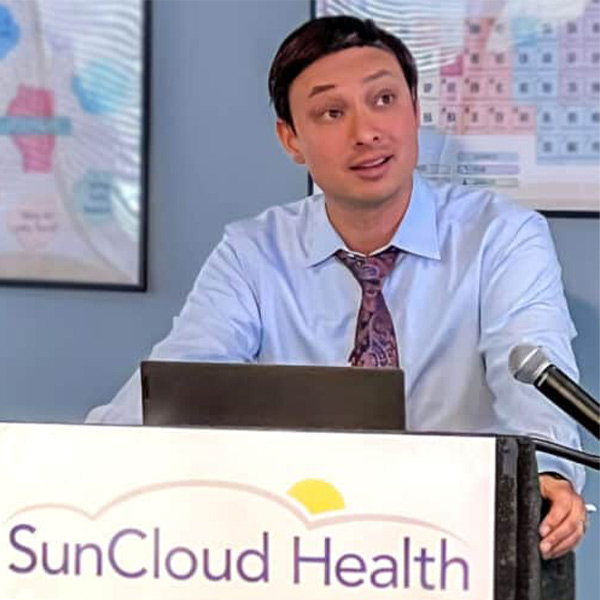
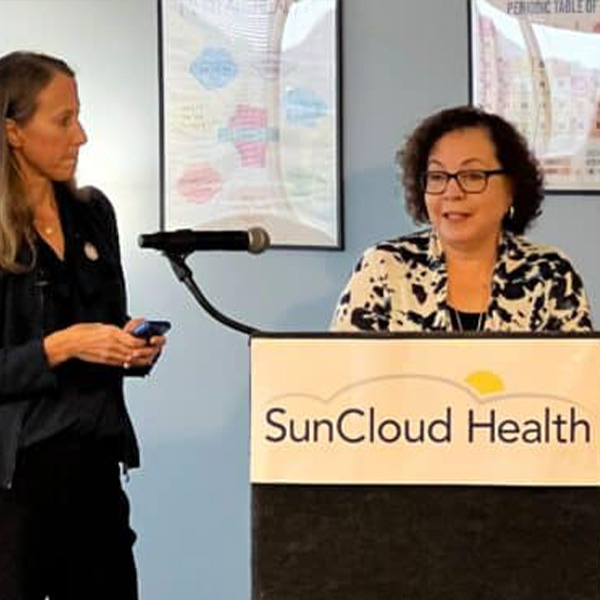
Carolyn Coker Ross, MD, MPH, CEDS
September 22, 2023
Topics Covered:
Research indicates a significant relationship between various types of trauma, including historical and race-based, and the development of eating and substance use disorders. It emphasizes the critical role of assessing trauma and PTSD in treating these disorders. Early childhood trauma is found to directly impact brain neural circuitry, fostering traits like compulsivity and emotional dysregulation, fundamental to both disorders. Updated trauma definitions and studies with diverse populations show that trauma effects, passed through epigenetic changes, enhance the risk for these disorders in future generations. Ignoring trauma and PTSD leads to ineffective treatment for eating and substance use disorders, heightening relapse rates.
Kevin A. Sabet, PhD
August 30, 2023
Topics Covered:
The presentation will address the pressing issue of adolescent mental health challenges arising from cannabis and THC drug use and provide invaluable insights for parents, caregivers, and healthcare professionals. With the growing legalization and normalization of cannabis, it is crucial to be informed about the potential impacts on adolescents. The event will delve into crucial topics, including the latest research on cannabis use and its potential effects on adolescent mental health, identifying warning signs of cannabis use in adolescents, and strategies for engaging and supporting both parents and healthcare providers in the prevention and intervention process.
This CE credit is no longer available.
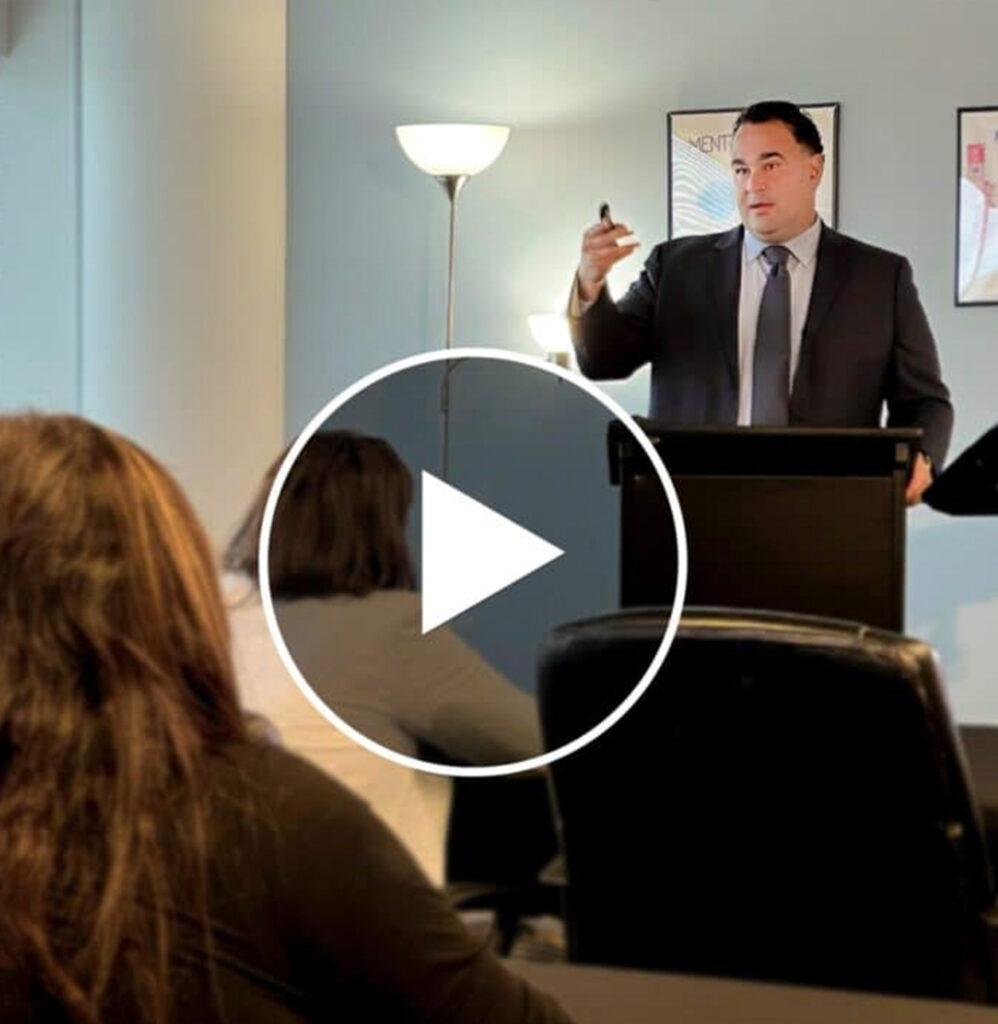
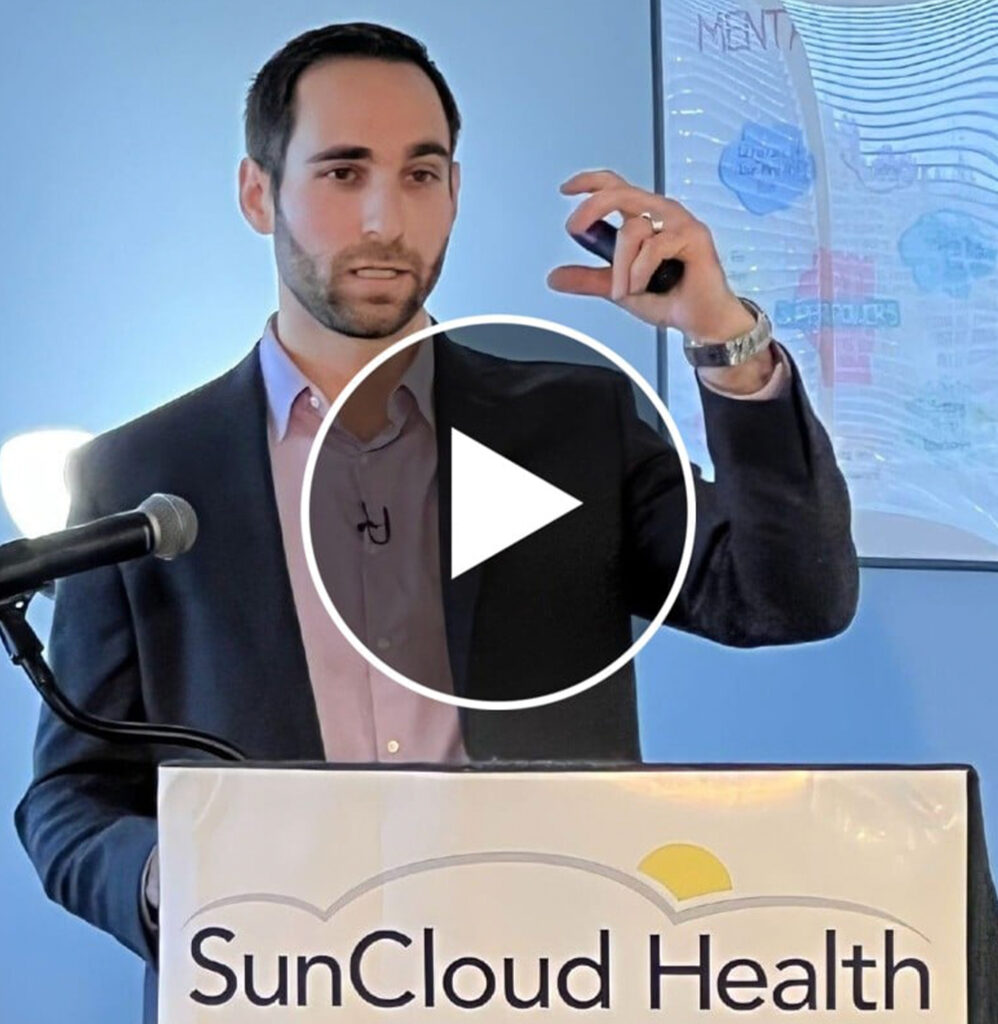
Joshua Siegel, MD, PhD
August 18, 2023
Topics Covered:
Dr. Siegel delivers a comprehensive overview of psychedelic psychopharmacology, highlighting the clinical and neuroscientific data that have fueled the burgeoning interest in psychedelics and psychedelic-assisted therapy. This enlightening presentation promises to provide valuable insights into this evolving field.
This CE credit is no longer available.
Timothy Brewerton, MD, DLFAPA, FAED, DFAACAP, CEDS-S
July 21, 2023
Dr. Timothy Brewerton combines his 40 plus years of clinical research experience and knowledge of the relevant peer-reviewed scientific data to present a synthesis that supports the major premises of the talk, including the contention that 1) EDs are linked to child maltreatment, other traumas and trauma-related comorbid disorders; 2) integrated treatment strategies that go beyond currently accepted sequential approaches are required to adequately address the complexity of ED presentations, especially in higher levels of care.
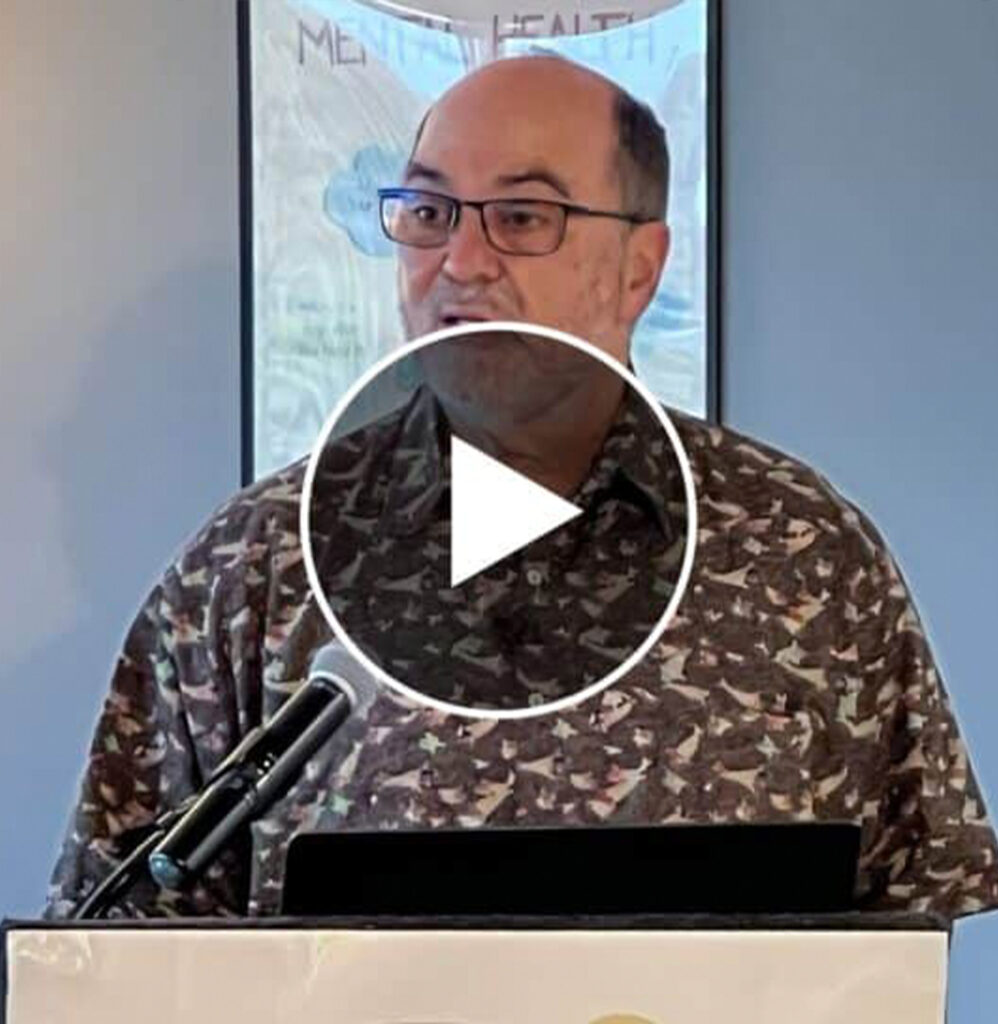
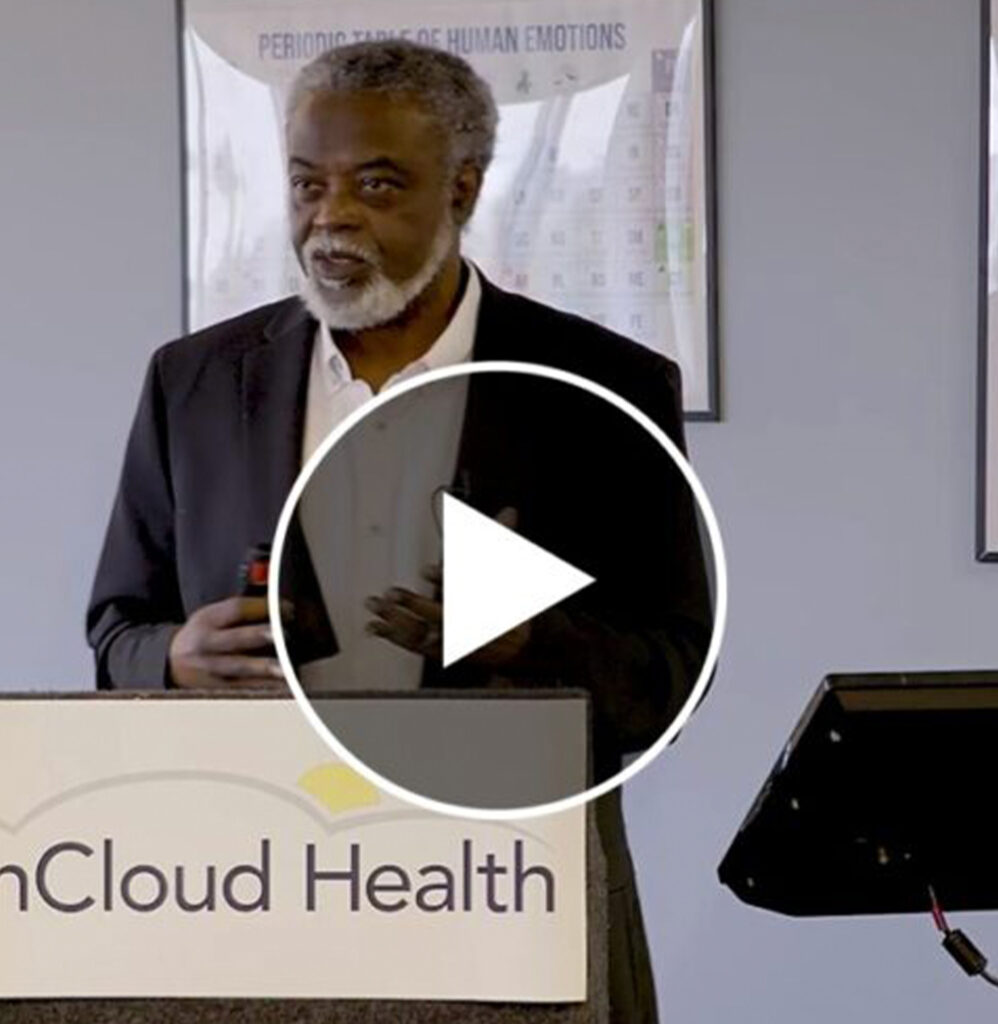
Jean Lud Cadet, MD
June 23, 2023
Topics Covered:
Methamphetamine use disorder (MUD) is a common neuropsychiatric disease that is associated with several short-term and long-term complications. These include cognitive deficits, memory impairments, and psychosis. There is presently no FDA-approved drug treatment for MUD. Dr. Cadet’s laboratory uses basic science approaches to develop better pharmacological therapy for these patients.
Dr. Nicole Avena, PhD
April 21, 2023
Topics Covered:
Overeating and obesity pose significant public health problems and can have life-long co-morbidities such as cardiovascular disease and metabolic syndrome. While there are multiple contributing factors in the obesity epidemic, recent scientific studies show overeating and obesity can be linked to alterations in the brain that resemble those seen with drug addiction. Dr. Avena will review the concept of “sugar addiction” and describe the research studies supporting behavioral indications of addiction that have been found in response to overeating highly-processed foods typically rich in added sugars.
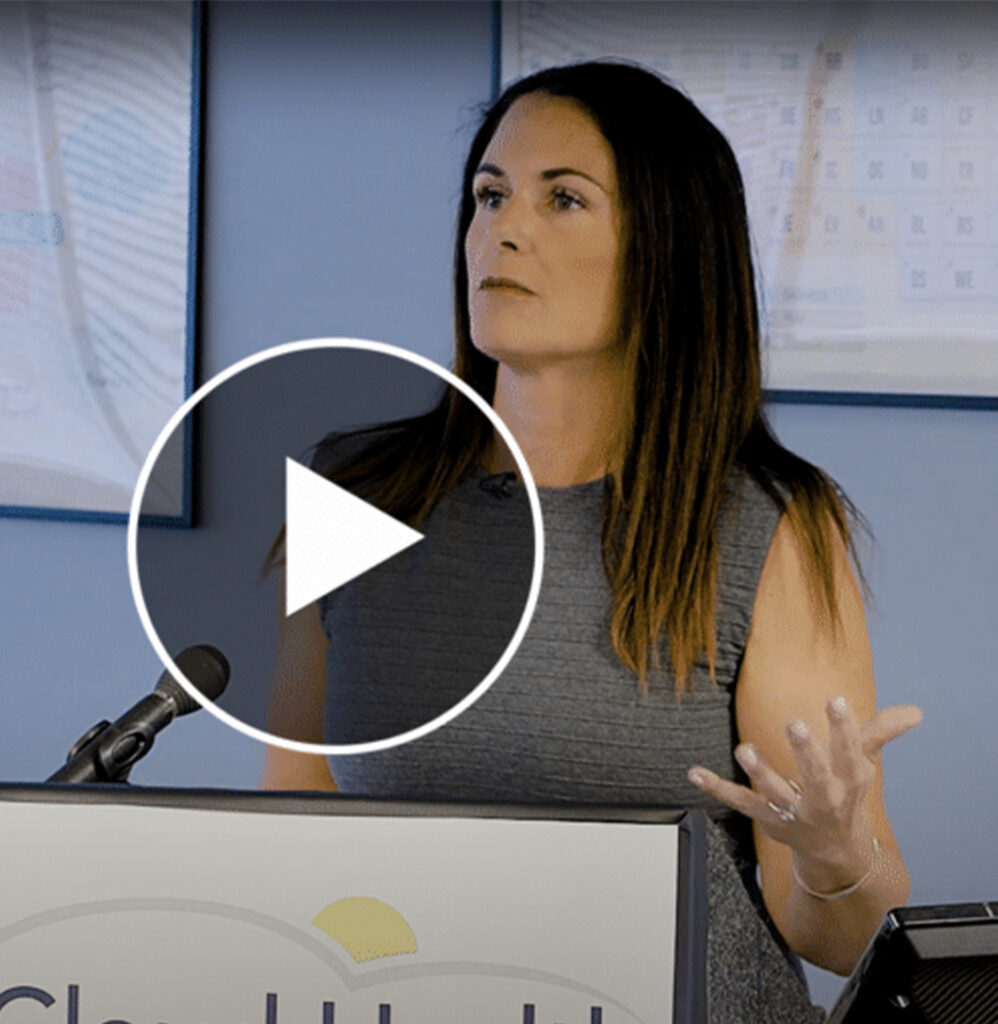

Joint Accreditation Statement:
In support of improving patient care, this activity has been planned and implemented by Amedco LLC and Galen Mental Health. Amedco LLC is jointly accredited by the Accreditation Council for Continuing Medical Education (ACCME), the Accreditation Council for Pharmacy Education (ACPE), and the American Nurses Credentialing Center (ANCC), to provide continuing education for the healthcare team. Amedco Joint Accreditation #4008163.
Video: Explaining SunCloud’s Integrated Model Why Is an Integrated Treatment Model Essential to Successfully Treating Patients?
Dr. Kim Dennis, Co-Founder and Medical Director at SunCloud Health, discusses the vital role the integrated model (that she is pioneering at SunCloud Health) plays in the success of treating patients with co-occurring disorders and underlying trauma. How does SunCloud create an authentic culture of patient support?




